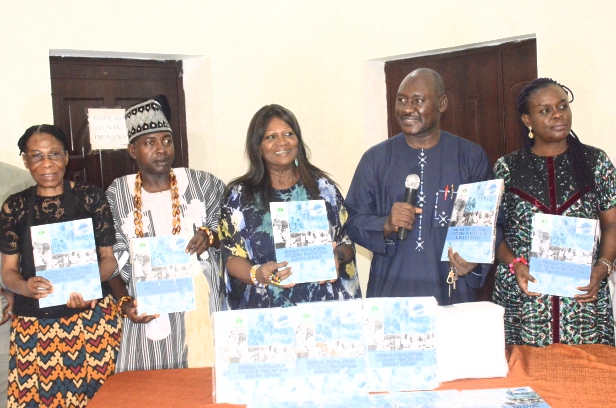Civil Society Legislative Advocacy Centre (CISLAC), on Tuesday, disclosed that Nigeria accounts for 20% of all out-of-school children in sub-Saharan Africa.
The Executive Director of CISLAC, and Head, Transparency International, Mr. Auwal Rafsanjani, made the disclosure at the Nigerian Population Conversation Seminar organised by CISLAC in partnership with Population Matters in Abuja.
Mr. Rafsanjani also said that in Nigeria, about 53.40% of youths are unemployed.
He said the statistics was based on the youth unemployment rates released by the National Bureau of Statistics (NBS) in 2022.
"This again exposes our country to most of the social crimes perpetuated by youths including the accelerated level of prostitution, armed robbery, rape and all facets of violence that can be largely attributed to the incidence of unemployment of youths," he said.
CISLAC boss, therefore, said it is time Nigerians began to embrace the idea of smaller family to boycott ravaging poverty, youth unemployment, child mortality and other socio-economic upheavals.
"While population affects every facet of societal development, discussion around population remains uncommon in Nigeria; and this puts Nigeria's population which is projected to reach 400 million by 2050, doubling the current estimate, at a demographic nightmare.
"We cannot conceal the fact that with the current inadequate awareness on consequences of population at citizenry and policy levels as well as the unattended impact on national planning, Nigeria has not efficiently harnessed its population to achieve development goals," he said.
Related Articles
He said this has had multiplier effects of youth unemployment, insecurity, inaccessible healthcare services, food insecurity, education inequality and other challenges that undermine socio-economic development of the country.
"Regrettably, Nigeria is among the top five countries in the world with the highest under-five mortality rates," he said.
Rafsanjani said that the "active participation by Nigerians across the six geo-political zones in the Population Perception Survey report that was launched today is a clear indication of citizens’ readiness for constructive conversation on population and its impacts on their well-being as well as living standards."
Dr. Edu Effiom, Member of the Advisory Board, Population Matters, said that almost half of the African continent is affected by land degradation.
Effiom said that unless urgent and concerted action is taken, it would worsen in the face of population growth, unprecedented consumption, increasingly globalised economy and climate change.
She said there was need to address this by slowing down population growth to ease off pressure on the living environment and also empower women and their families.
“This is because women are the worst hit in situations like these, so we have to rethink girl child marriage and empower the girl child through good education.
“This will considerably check population growth with corresponding benefit of a better life for the girl child among others."








